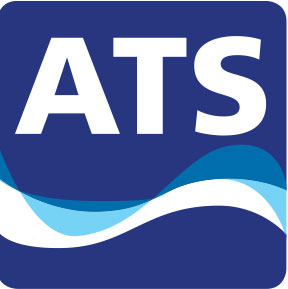Copper Sulfate is No Longer the Standard
Randy McIff, a water treatment expert at ATS Innova, discusses some of the issues with using copper sulfate to treat water. There are alternative to regular copper sulfate.
From the Video:
My name is Randy McIff and I’m the Director of Water and Wastewater Treatment with ATS. I’ve been a water treater for over 30 years, and I’ve worked in the industrial and municipal sides of the business both pre- and post-treatment.
Why is Copper Sulfate a Problem? Copper sulfate’s a problem because it’s very inactive. It’s only about 25% active, but of that, only 1/10 of it is biologically active. When you do the math, 0.6% of it is biologically active, and the rest of it is a heavy metal contaminant.
Most of us don’t want that in our soil; nor do we want it in our water plants and that’s why copper sulfate is not being used nearly as much as it once was. And the plants that have used it in the past are actually being visited by environmental organizations that are asking them to clean things up.
There are much better alternatives to just plain old copper sulfate. Give us a call; we can tell you what some of those are.



